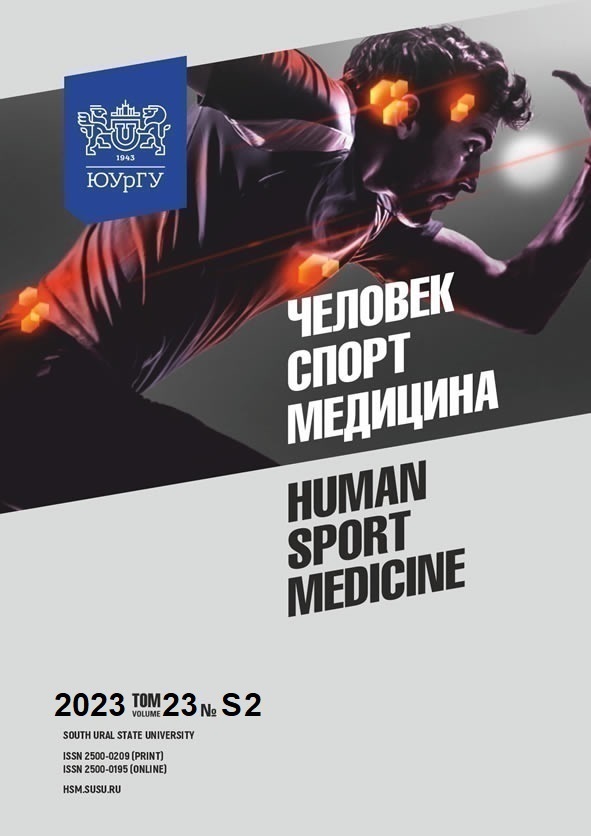SCIENTIFIC AND THEORETICAL ASPECTS OF INTELLECTUAL TRAINING IN GAME SPORTS
Abstract
Aim. This paper provides an experimental foundation for the scientific and theoretical aspects of intellectual training in game sports. Materials and methods. The research involved members of the volleyball and basketball teams of the Smolensk State University of Sports (SSUS, Smolensk) during a one-year training cycle (2020–2021). Justification and assessment of the “game problems” and “coach’s keys” methods were performed with respect to the changes in memory and thinking skills during the pedagogical experiment. Results. The program of intellectual training in game sports based on the “game problems” and “coach’s keys” methods made it possible to considerably enhance memory and thinking skills and contributed to positive changes in individual tactical actions during competitions. The data obtained allowed for a theoretical foundation for intellectual training in game sports from the standpoint of scientific research and contributed to its further usage by coaches. Conclusion. The one-year program for the enhancement of performance among highly skilled athletes with respect to their individual tactical actions must include “game problems” and “coach’s keys” methods that contribute to the intellectual development of athletes.
References
References on translit
Copyright (c) 2024 Human. Sport. Medicine

This work is licensed under a Creative Commons Attribution-NonCommercial-NoDerivatives 4.0 International License.















